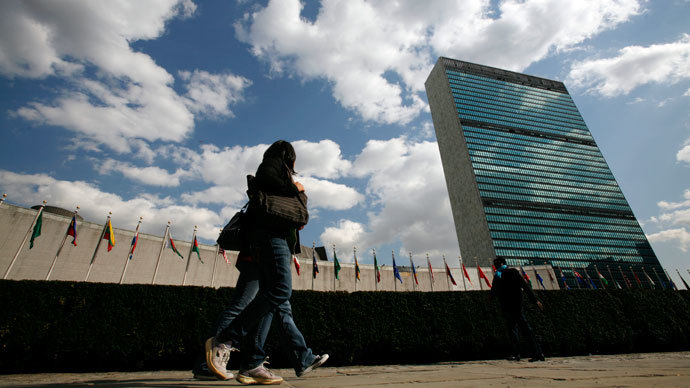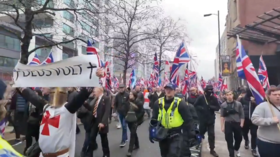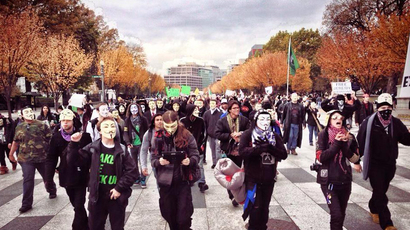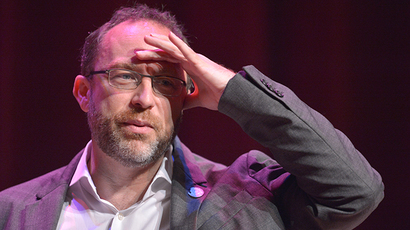UN gives green light to internet privacy resolution

The UN human rights committee unanimously passed a 'right to privacy' resolution sponsored by Germany and Brazil that protects the right to privacy against illegal surveillance, following revelations about NSA spying.
The resolution states that surveillance and data interception by governments and companies "may violate or abuse human rights.”
This is the first document that establishes protection of human rights in the digital sphere, Brazil's Ambassador Antonio de Aguiar Patriota told the AP. It "establishes for the first time that human rights should prevail irrespective of the medium, and therefore need to be protected online and offline,” Patriota said.
The resolution is concerned with the "the negative impact" that surveillance, "in particular when carried out on a mass scale, may have on the exercise and enjoyment of human rights.”
German Ambassador Peter Wittig added, "Is the human right to privacy still protected in our digital world? And should everything that is technologically feasible, be allowed?”
France, Russia and North Korea were among the 55 countries that co-sponsored the resolution that only made indirect references to US global spying techniques.
The fact that the resolution was unanimously passed by the committee seems to guarantee that it will get the votes of all 193 members of the General Assembly in December. Although the resolution will not be legally binding, it will have some political weight.
The US did not go against the measure, though it did lobby the ‘Five-Eyes’ intelligence sharing alliance of UK, Britain, Australia and New Zealand to water down the language of the resolution. By the end of the day, language stating that foreign spying would be a rights violation was weakened, according to AFP.
Human Rights Watch specialist Philippe Bolopion lamented that the language had been watered down. But, Bolopion still believes that it was "a vital first step toward stigmatizing indiscriminate global surveillance.”
Brazil and Germany introduced to the UN General Assembly their draft resolution in early November, calling for internationally recognized rights to privacy. The document further urged an end to global electronic espionage and the extension of internet freedom.
The resolution comes amid international scandal over NSA spying over much of the world’s population and eavesdropping on a number of foreign leaders, including Brazil's President Dilma Rousseff and German Chancellor Angela Merkel.
NSA spying revealed by former intelligence contractor Edward Snowden revealed that Washington has spied on at least 35 world leaders besides the exposed the mass surveillance against private citizens and business.
According to Snowden’s leak intelligence agencies from all signatories of the ‘Five Eyes’ agreement – the UK, Canada, Australia and New Zealand – collaborated with the NSA.
Since Snowden’s leaks surfaced in June, protests demanding more privacy protections have emerged in countries around the globe, with thousands of people worldwide having joined in recent Million Mask March rallies organized by the amorphous Anonymous movement.













